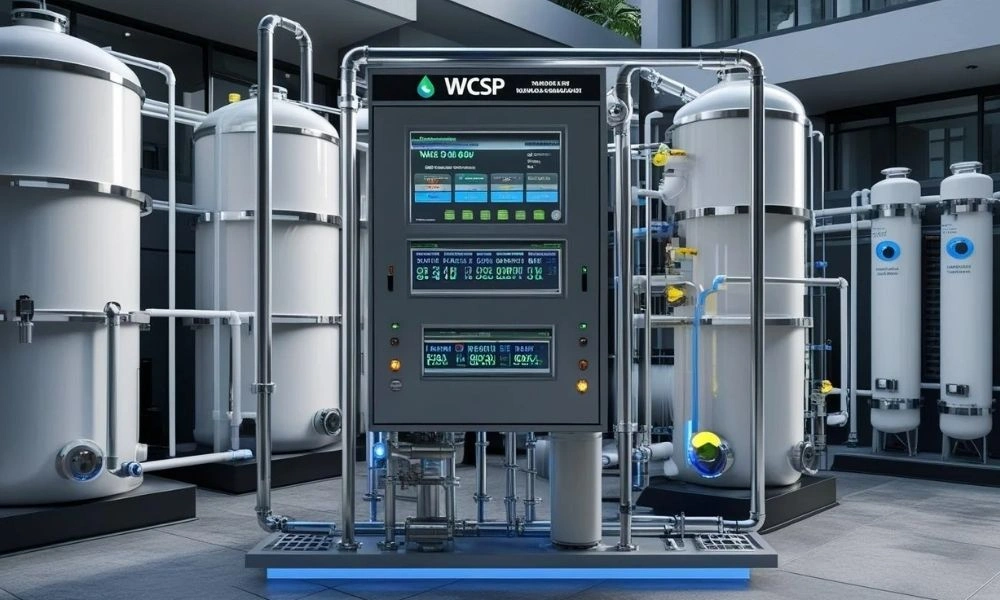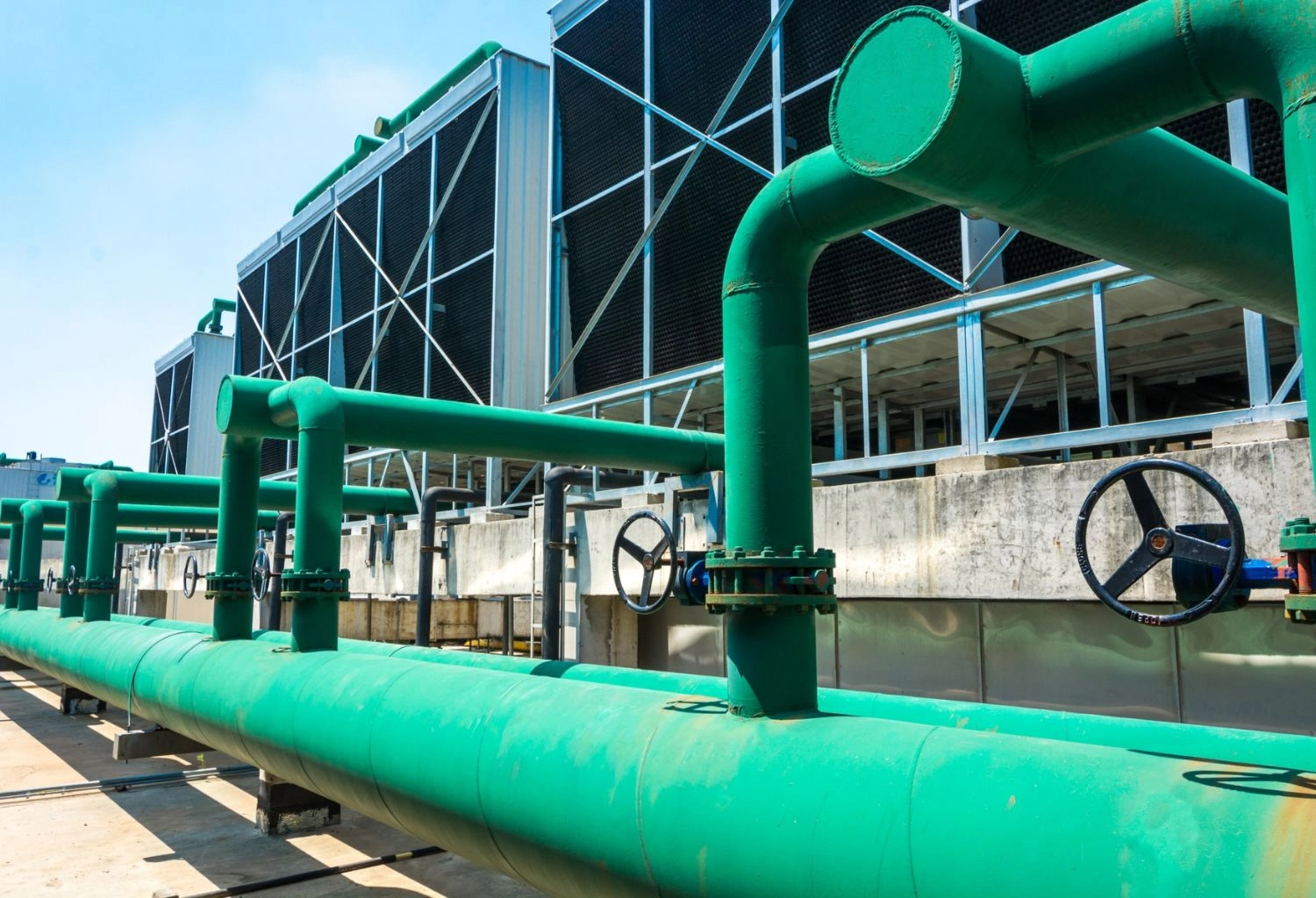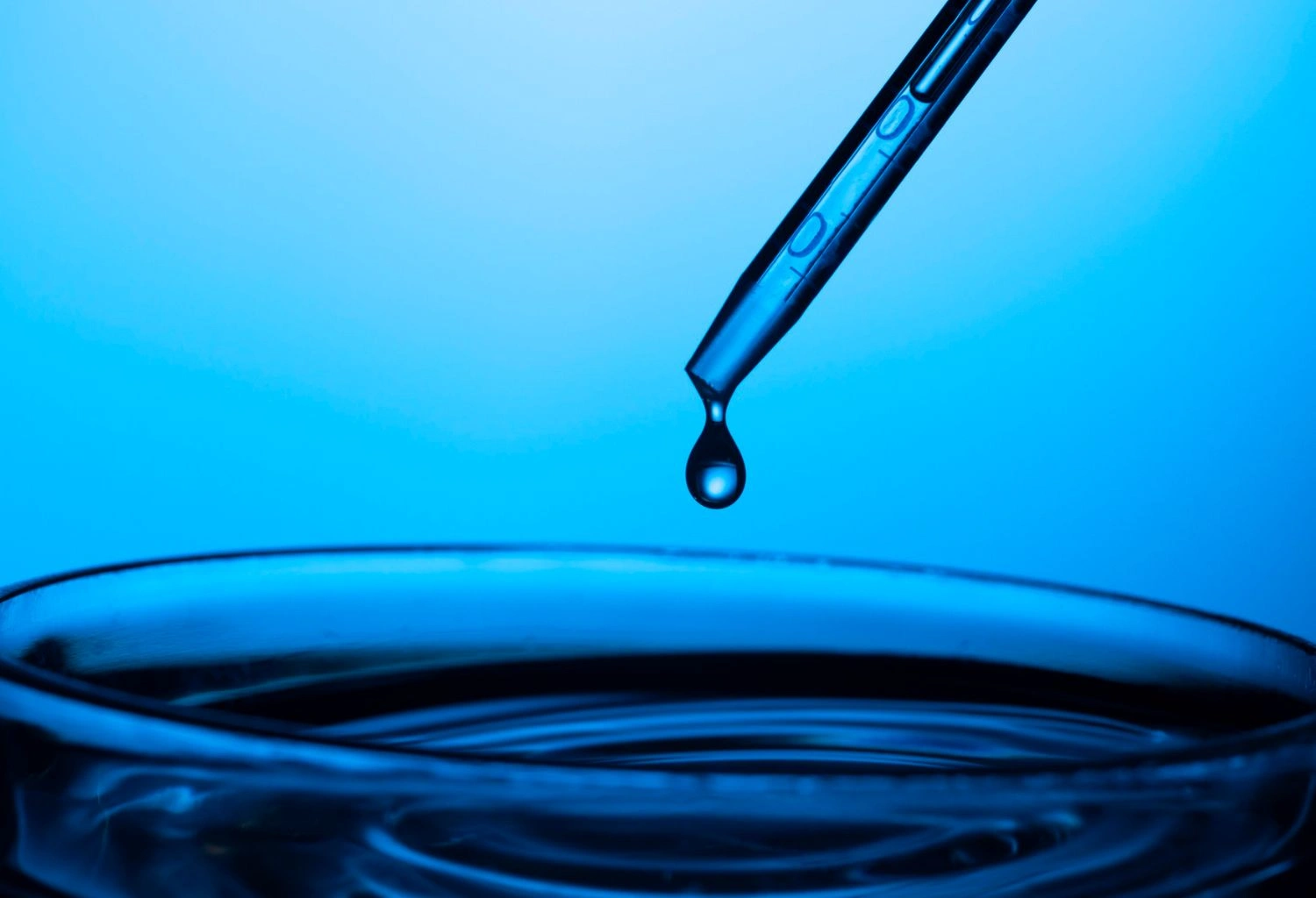WCSP leads Pakistan in sewage treatment plant services and supplies. Their ISO-certified systems use advanced technologies like MBBR, electrocoagulation, AOP, and bioremediation to clean wastewater safely. These systems support housing, industries, hospitals, and municipalities in staying healthy, compliant, and environmentally responsible. With full installation, training, and support, WCSP ensures your wastewater stays handled the smart way.
Filtration Water Plant
Why Do We Need Sewage Treatment Plant Services in Pakistan?
Pakistan’s industrial and city wastewater generates huge volumes of wastewater daily. The water has dangerous bacteria, chemicals, and toxins that affect people’s health and the environment. Releasing untreated sewage into drains and rivers results in waterborne illnesses, contaminated ground, and clean drinking water. That’s why hiring professional sewage treatment plant (STP) services and products is crucial—they purify wastewater to acceptable levels, minimize pollution, and enhance public safety.
What is a Sewage Treatment Plant (STP)?
Definition and Purpose
STP is an apparatus that captures filthy water—with solids, grease, chemicals, and bacteria—and purifies it in various stages. The aim is to eliminate contaminants and release clean water into the environment or recycle it.
Principal Treatment Processes
- Primary Treatment: Eliminates big solids, oils, and grease.
- Secondary Treatment: Applies bacteria or innovative techniques to degrade leftover organic waste.
- Tertiary Treatment: Ultimate polishing by filters, UV, or chemicals to eliminate pathogens and fine particulates.
Electrocoagulation
Electrocoagulation
Electrocoagulation Electrocoagulation has emerged as an innovative and versatile solution for treating a wide range of industrial and municipal wastewater. By integrating electrochemical reactions with traditional coagulation and flocculation processes, it offers a highly efficient
Electrocoagulation
Why Choose Certified STP Services and Supplies?
1. EPA and NEQS Compliance
In Pakistan, housing schemes and industries are required by law to treat wastewater. Non-compliance may lead to penalties or shutdown orders.
2. Public Health Protection
Clean sewerage systems decrease the likelihood of diseases such as typhoid, cholera, and hepatitis. STPs are an essential measure to prevent public health emergencies.
3. Conservation of the Environment
Wastewater treatment preserves rivers, groundwater, and agricultural land from contamination.
4. Water Reuse & Cost Reduction
Treated water can be utilized for irrigation purposes, flushing toilets, cooling towers, and construction. This conserves potable water and lowers utility expenses.
WCSP: Pakistan’s Prime STP Service Provider & Supplier
Who Are They?
Water Care Services Pakistan (WCSP) is an ISO-certified organization, established in 2007. They provide end-to-end STP system design, manufacturing, and installation in Pakistan to housing societies, industries, institutions, and municipalities.
Cutting‑Edge Technologies Employed by WCSP
MBBR – Moving Bed Biofilm Reactor
A space-saving, high-efficiency system that employs plastic carriers for bacteria to colonize. Extremely effective in a small space.
Electrocoagulation
Electrical current is utilized for the removal of metals, oils, and suspended solids from wastewater.
Advanced Oxidation Process, AOP
Produces strong oxidizers such as hydroxyl radicals to degrade poisonous and recalcitrant chemicals.
Bioremediation
Uses natural or augmented microbes to biologically consume pollutants without the use of chemicals.
WCSP’s Full-Spectrum STP Services
Site Survey & Water Analysis
WCSP professionals come to your site to analyze wastewater volume, pollutant concentration, and land area. This information assists in the optimization of the best STP.
Custom STP Design & Engineering
They design solutions specifically for your requirements—be it a tiny housing society or big industrial estate. Personalized design guarantees smooth functioning.
Supply of STP Equipment
WCSP delivers all the major components: screens, tanks, MBBR units, electrocoagulation reactors, UV systems, chemical dosing units, and control automation.
Installation & Commissioning
A qualified WCSP team installs the system at your facility, checks all the equipment, calibrates sensors, and begins operation.
Training & Handover
Your personnel are given complete training for daily usage, emergency procedures, and routine maintenance jobs to make it run smoothly.
After-Sales Support & AMC
WCSP provides annual maintenance contracts, spares, and emergency assistance for smooth continuous operation.
Where Can You Install STP Services and Supplies?
Housing Societies and Apartments
Modular, compact systems are suitable for small spaces. STPs can be installed underground or on rooftops without causing any noise or odor nuisance.
Factories and Industries
Bigger STPs process industrial effluent having chemicals, oils, dyes, and heavy metals. System-specific solutions provide customized systems for these requirements.
Hospitals, Laboratories, Schools
These organizations generate toxic wastewater. WCSP’s treatment systems deal with pathogens and biohazard successfully.
Municipal Authorities & Towns
WCSP also provides village and town-level STP systems with the capability to serve large population coverage.
Advantages You Gain through WCSP STP Solutions
1. Healthier Communities
Less disease transmission and healthier surroundings through cleaner water and environment.
2. Legal & Environmental Compliance
Prevent legal trouble and fines while helping to protect the environment.
3. Efficient Water Reuse
Reuse water for purposes other than drinking, conserving resources and utility bills.
4. Energy and Chemical Savings
New technology minimizes the use of chemicals and electricity, saving money long-term.
5. Improved Reputation
Sustainable and green operations increase stakeholder and public trust.
How to Select the Proper STP System for Your Business?
Perform a Water Test
WCSP begins with a comprehensive wastewater test to determine the kinds and amounts of pollution.
Define Capacity Requirements
Determine the volume of sewage to be treated on a daily basis to select the appropriate size of the system.
Select the Proper Technology Mix
A mixture of MBBR, electrocoagulation, AOP and bioremediation provides the best treatment of certain types of wastewater.
Consider Maintenance and Support
Choose systems that are easy to clean, automated, and with spare parts readily available. Select a supplier who provides AMC and training.
What Does Happen After the Installation? The Treatment Process in Action
1. Collection of Wastewater
Sewage from buildings into the plant.
2. Pre-Treatment
Screens and grit chambers take out large particles and trash.
3. Primary Sedimentation
Heavy solids settle at the bottom, oils and oils float and skimmed off.
4. Secondary Biological Treatment
Bacteria on MBBR carriers or suspended in water to break down organic pollutants.
5. Electrocoagulation Step
Electric charge removes fine particles, heavy metals, and color by coagulation.
6. Tertiary Filtration and Disinfection
Water is refined with filters, UV light, or AOP to eliminate pathogens and make it safe.
7. Sludge Processing
Solid sludge is harvested, dewatered, and can be discarded or reused as fertilizer.
8. Reused Water Output
Clean water is discharged for irrigation, toilet flushing, cooling, or safe disposal.
Maintenance and Operational Tips
- Inspect control panels and sensors on a daily basis
- Replace pre-filters every 3–6 months
- Clean tanks and replace UV lamps as necessary
- Track water quality monthly (pH, COD, TSS)
- Annual audit and staff retraining
Conclusion
In a developing nation like Pakistan, safe wastewater treatment is not just an option—it’s mandatory. WCSP provides high-quality STP solutions and materials that keep your water pure, your operations in compliance, and your people healthier. With state-of-the-art technology, professional installation, and continuous support, WCSP assists you in constructing sustainable, green projects—be it in cities, industries, or institutions.
Frequently Asked Questions (FAQs)
1. What is an STP and how does it work?
A Sewage Treatment Plant (STP) treats dirty water by removing solids, bacteria, and chemicals through primary, secondary, and tertiary processes to make water safe for discharge or reuse.
2. Why are STPs important in Pakistan?
STPs reduce pollution, prevent disease, protect rivers, and support water reuse. Pakistan’s growing cities and industries urgently require proper wastewater treatment solutions like STPs.
3. What are the main stages in sewage treatment?
Stages include pre-treatment (screening), primary (settling), secondary (biological degradation), tertiary (filtration/disinfection), and sludge management. Each step targets specific contaminants in the wastewater.
4. What are WCSP’s leading STP technologies?
WCSP uses MBBR, Electrocoagulation, AOP, and Bioremediation to ensure efficient, low-maintenance, and environmentally friendly wastewater treatment suitable for Pakistan’s urban and industrial needs.
5. Where can WCSP install STPs?
WCSP installs STPs in housing societies, industries, hospitals, schools, and municipalities. Their modular systems adapt to rooftops, basements, or remote town areas efficiently.
6. What components are included in WCSP STP supply?
Components include screening units, sedimentation tanks, MBBR modules, electrocoagulation reactors, UV systems, chemical dosing units, and automated control panels for efficient operation.
7. How long does STP installation take?
Installation time varies by size—small plants take 1–2 months, medium to large systems need 3–6 months including site survey, design, equipment, and commissioning.
8. Is treated water safe for reuse?
Yes. Treated water from STPs can be reused for irrigation, toilet flushing, construction, and cooling systems—reducing dependence on freshwater sources significantly.
9. Why choose WCSP for STP services?
WCSP offers certified, advanced, and custom wastewater solutions with full services—testing, design, supply, training, AMC, and strong after-sales support across Pakistan.
10. How do you maintain a sewage treatment plant?
Maintain by inspecting sensors, replacing filters, cleaning tanks, tracking water quality monthly, and scheduling annual audits and retraining with WCSP’s AMC services.



